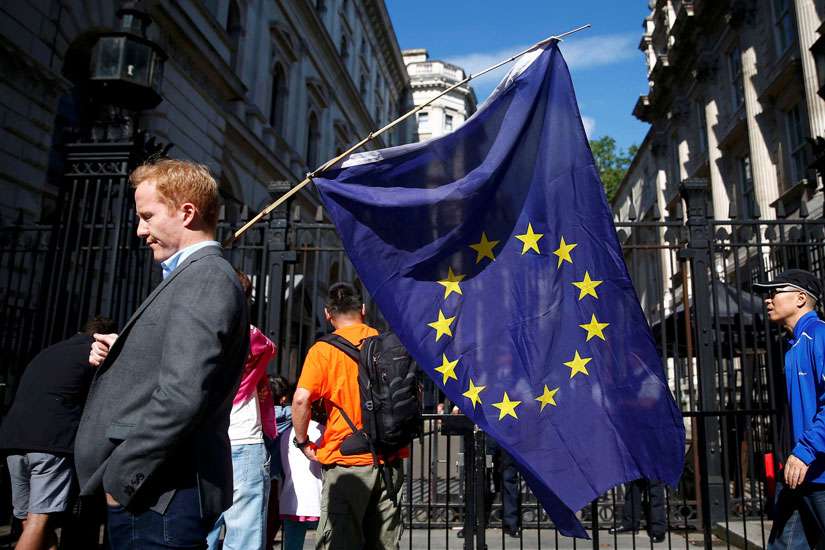“We have to say this is simply not acceptable in a humane society, and it should never be provoked or promoted,” said Cardinal Vincent Nichols.
The cardinal is right to be concerned. As he said, racism, hatred and violence must never be tolerated, but tolerance is being tested following Britain’s bitter campaign and historic vote. Seldom since explorer James Cook sailed over the horizon has Britain entered such uncharted waters.
In a global age that encourages, indeed demands, broad international collaboration, Britain has chosen to step back. The Brexit vote shows a nation divided along lines of age, race, ethnicity, class and politics. It is a cauldron for turmoil.
Academics will study the Brexit vote and write long essays on what motivated the 52-per-cent exit decision, but perhaps Pope Francis has been on to something. He has often lamented the gulf between ordinary people and the government and business institutions that routinely direct people’s lives. He has deplored the inequality, immorality and selfishness that often infects the world, and warned of hardships that become inevitable when leaders disregard the common good.
When society neglects the poor and the vulnerable, when it choses profit over people, hypocrisy over integrity, exclusion over accommodation, judgment over mercy, and the material over the spiritual, seeds of division are easily sown. The European Union can boast many successes, but it has not generated a pan-continent sense of civic solidarity. The Brexit result exposed broad resentment, division and distrust, feelings exacerbated by recent refugee and terrorists crises.
To many, the vote announced a peaceful but resounding revolt by the poor, disillusioned and disconnected. Polls told of the jobless, the elderly and the under-educated rising up to say no to urban establishments, no to political elites, no to corporate millionaires and no to Europe.
Addressing the European Parliament 20 months ago, Francis spoke of a mistrust towards institutions that are seen to be aloof and “perceived as insensitive to individual peoples, if not downright harmful.” He chided an “elderly and haggard” Europe that appeared weary and inclined towards technical and bureaucratic debates rather than finding ways to better the lives of ordinary people. Citizens, he warned, were becoming “mere cogs in a machine” to be exploited by an indifferent world.
The Brexit vote shows what can happen when enough of those cogs act independently. It’s a lesson all the world should heed.

